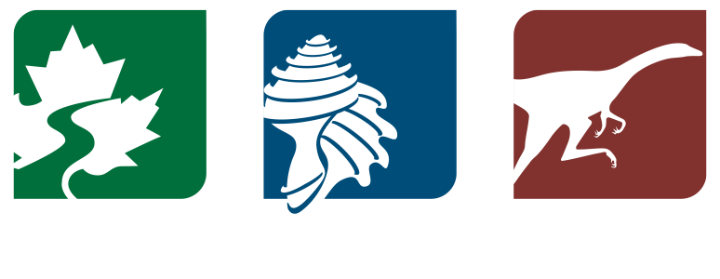The Cayuga Nature Center was originally the Cayuga Preventorium. When Tuberculosis (TB) was rampant in the country, it was believed that the disease could be prevented if children exposed to TB could be placed in camps with plenty of good fresh air. In 1914, the Preventorium was located on the east side of the lake at Esty's Point, housing youngsters during the summer months.
By the 1930s, TB was no longer as big a threat, and the Preventorium was used to sponsor a series of cardiac clinics. Mr. and Mrs. Ernest T. Paine gave 75 acres of land on the west side of the lake to be used to serve children recuperating from cardiac and other debilitating diseases, and the Works Progress Administration completed the building project in 1939. With the onset of World War II, however, the camp was forced to close. In 1950, Cornell University leased the building for student housing. In later years, the building was used as a camp for children of working mothers, but remained closed for about 45 weeks of the year.
Due to the success of this program, BOCES, the Ithaca schools, and Onondaga Nature Centers, Inc. decided to work together, and the Preventorium opened in 1975 as a Nature Center.
In the 1980s our facility changed its name to the Cayuga Nature Center, offering environmental education to local school districts and the rental of its facilities for groups. In 1981, the Cayuga Nature Center was incorporated as an independent, private, non-profit educational organization.
In 2013, the Cayuga Nature Center became PRI's newest public venue for education. The Nature Center cultivates an awareness, appreciation, and responsibility for the natural world through outdoor and environmental education. The goal is to transform the Nature Center into a premier educational center for teaching and learning about the impact of climate change on the fauna and flora of Tompkins County.
In the 1960s, many more camps began to open and the need for one at the Preventorium dwindled. The Board of Directors then decided to offer the facility as a conference center available year round. Conferences and small day camps covered the day to day expenses, but the building was not used to its full potential. A new direction was introduced at a workshop in Brewster, sponsored by the State Education Department, concerning Board of Cooperative Extension Services (BOCES) outdoor education programs. As a result of this conference, a program was established for providing outdoor education with BOCES using the Preventorium as a base for promoting outdoor and environmental studies.



